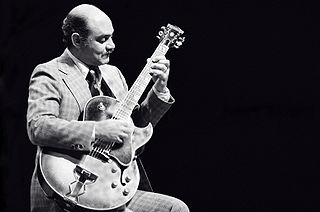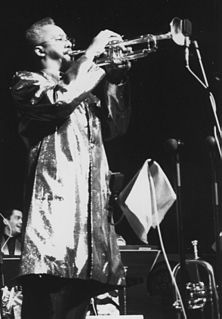A Quote by Jherek Bischoff
The amazing thing about the cistern is that, if you're improvising in a dead room, you play your note and then you're left with your thoughts and you have to be really quick on your feet and be able to move through many different musical thoughts seamlessly. Improvising there is just, like, you play a note and then you had at least ten seconds to think, "What would be the perfect accompanying note to that?" And then you could add that note. You can just build this puzzle that was really amazing.
Related Quotes
Usually when you're playing with other people in not such a reverberant room, you have to be quick on your feet and think about stuff really quickly. But inside the cistern, it was almost like I was at home on my computer arranging and taking time thinking about the next step, the next note. Instead, the room was my collaborator. I could hear the note and sit there and think. I could be arranging as I was going in real time, which was fascinating.
For a second we just stand there in silence. Then, suddenly, Alex is back, easy and smiling again. “I left a note for you one time. In the Governor’s fist, you know?” I left a note for you one time. It’s impossible, too crazy to think about, and I hear myself repeating, “You left a note for me?” “I’m pretty sure it said something stupid. Just hi, and a smiley face, and my name. But then you stopped coming.” He shrugs. “It’s probably still there. The note, I mean. Probably just a bit of paper pulp by now.


































